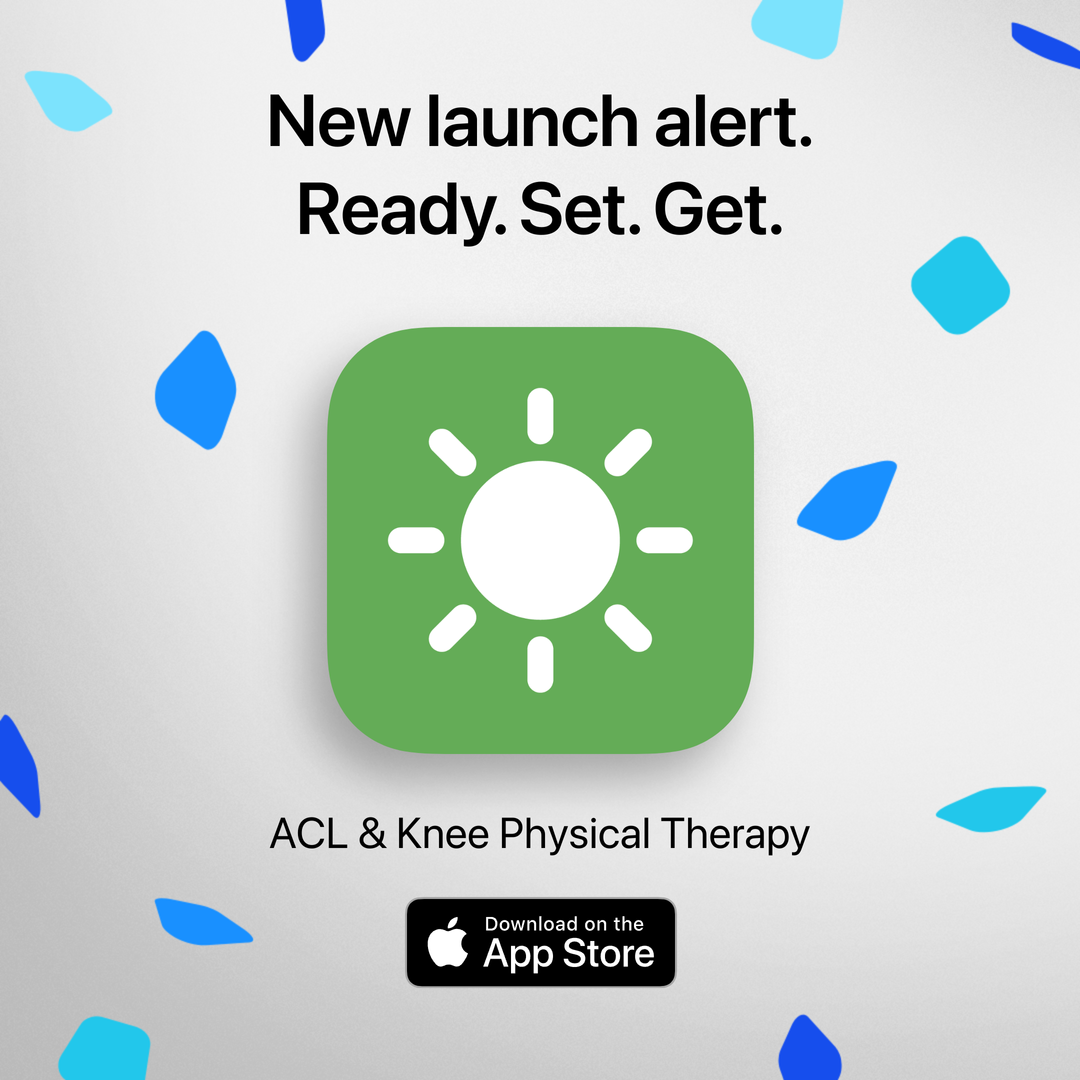When done safely, running can help prevent osteoarthritis and joint replacement while helping maintain healthy cartilage through optimal loading.
You may have heard before that running is hard on the knees, or that running causes knee osteoarthritis, but this is not actually true. Moderate levels of running can prevent knee osteoarthritis, maintain optimal cartilage health, and also prevent the need for a joint replacement. If you've had an ACL tear you may have differences in how your knee moves and this can lead to differences in how your cartilage is loaded in addition to the damage from the injury on the cartilage. These factors together can increase your risk of knee osteoarthritis. This doesn't mean you can't run; it just means that you need to be careful about how much you're loading your knee. It's important to ease into running and make sure that you have adequate strength throughout your rehab to perform running in good alignment.
Watch Zacharie answer the question "Does running cause knee osteoarthritis?", "Can I still run after my ACL surgery?" and "Will running wear out my knees?" in the video below.
Read the full blog on running and osteoarthritis, and running after ACL surgery here.
Read all of Zacharie's blogs here!
If you are recovering from an ACL injury or ACL surgery and you want to do everything possible to return to running, download our Curovate physical therapy app from the links below. Curovate provides daily video guided strengthening exercises, the ability to measure knee range of motion, in-app chat with a physical therapist to answer your surgery and recovery questions and educational blogs and webinars.
If you need further customized assistance during your ACL recovery check out our Virtual Physical Therapy page to book your 1-on-1 video session with a physical therapist.


Other Related Blogs
- Am I at risk of tearing my ACL? How can I prevent an ACL injury? How can I avoid a reinjury to my ACL?
- What is an ACL and How is It Injured?
- Why Should I Exercise before My ACL Surgery- the Importance of ACL Prehabilitation
- I injured my ACL, what should I do?
- How to prevent ACL injuries
- When can I return to sport after an ACL injury or surgery?
- Did I retear my ACL graft?
- Is my ACL graft weaker than my original ACL? Or is my ACL graft stronger than my original ACL?
- What does the research say about non-operative ACL rehabilitation?
- When can I start jogging after ACL surgery?








